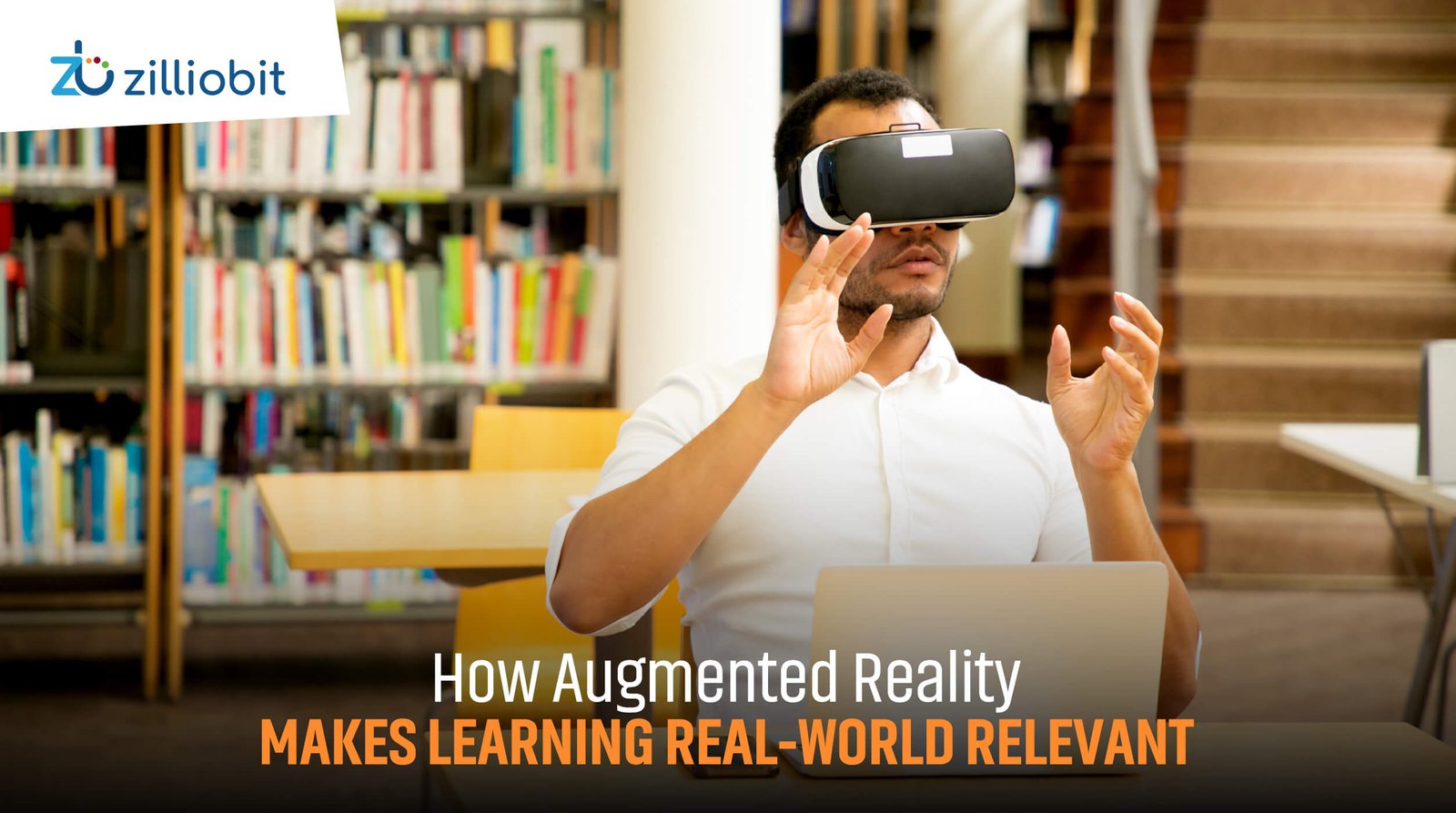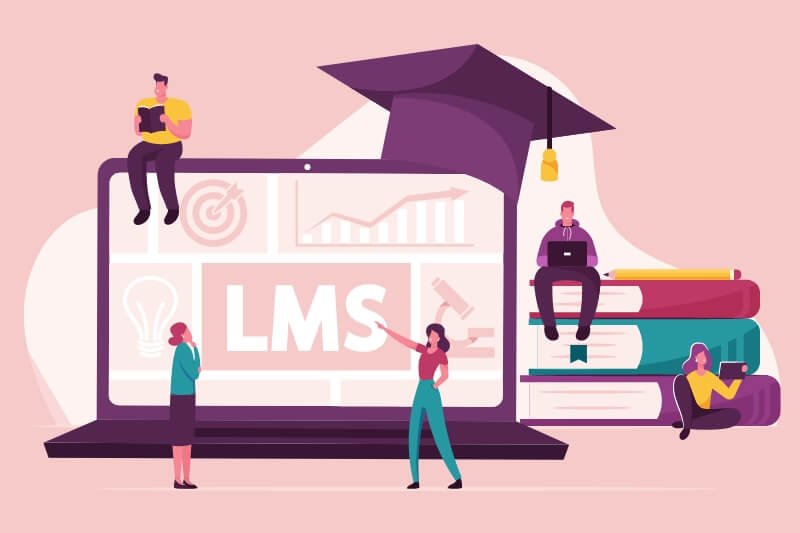Scenario based or Experiential Learning
5 minutes to read

Overview
Decisions are to be made with the utmost clarity. It is of paramount importance that you analyze your decisions and anticipate the impact of your decision and its consequences. Thus, it is crucial that you are well-informed and prepared for every decision you make. Hence, e-learning is significant.How eLearning is your perfect guiding tool for decision making?
In the current competitive market situation, companies are endeavoring to be the best. While organizations are inclined to utilize the latest technology, employing new strategies for employee engagement and workforce advantage is equally crucial. Thus, applying new approaches like eLearning in a corporate setup can be interesting for workforce wisdom.Visual presentations are engaging with higher recall value. With visuals, learners interact meticulously. In virtual or scenario-based learning, learners are interactive applying their skills acquired in a real time scenario. They apply their skills in problem-solving a situation that instead supports them in the practical world.
Hence, as every organization conducts training programs, scenario-based eLearning courses with virtual representation are more effective. In such scenarios, learners are active participants that help them improve their skills and enhance their decision-making ability. In a realistic setup, learners can practice and perfect the skills that help them to understand a situation with utmost clarity and instead shun any wrong decision making.
There are added advantages of how scenario-based learning can boost confidence in the workplace and also on the job decisions.
-
Decision-Making with scenario-based learning
In the current context, Organizations are seeking support through big data and analytics to improve their decision-making ability. Likewise, using eLearning courses for workforce management can help companies to train employees in realtime scenarios with practical knowledge. For example, your sales team has to be kept updated with your product information. However, do you think feeding information is enough? Thus, in an eLearning scenario with scenario-based learning, you can provide:- An interesting quiz for your employees with realtime scenarios that can stimulate better recall value than a mere presentation.
- Engaging your workforce with product information embedded with the customer based scenario that helps them learn to tackle problems in real-time situations.
- A challenge-based simulation with feedback the system can help learners apply the learned knowledge to handle difficult situations.
-
Applying skills in a crisis situation
Textbook learning is an age-old phenomenon. While a lot of us have learned the hard way, the question is- “Do you remember what you have learned”? Thus, replacing the slow and monotonous process, eLearning courses can help individuals to conceptualize and understand scenarios with greater reminiscence.
As they say, experiences always help individuals evolve for the better, providing scenario-based learning with on-ground situations make an individual confident. Combining their skills with subject knowledge and critical thinking ability can help individuals to make appropriate decisions. Such contextual learning in the virtual world with strong visuals and practice enhances your memory providing greater judgment capabilities in a crisis scenario. -
Determining the consequences
Scenario-based learning helps individuals to improve their analytical skills. Thus, they are enabled with better critical thinking ability that helps them look for a solution to any problem. In a scenario-based eLearning situation, an individual is exposed to complex business problems and challenges. However, the realtime based situation learning provides them with efficiency to determine better solutions in such periods.
For example, in scenario-based learning, the individual understands the effect of his decision on other individuals and surroundings. They are provided with feedback that instead helps them distinctly understand their emotional and analytical perspective. -
Reducing assumptions
As we all know, assumptions can be disastrous. Thus, in a scenario-based eLearning program, individuals are set against a real situation rather than assumption. Hence, realtime illustrations with fact-based information help individuals to understand a future scenario and apply their knowledge accordingly. Assessments rather than assumptions provide a clear standpoint that in turn helps them take inclusive decisions. -
Rewards can encourage better evaluations
Combining scenario-based eLearning courses with a gaming element can stipulate higher engagement. Along with, offering rewards in terms of points or badges can encourage a user to practice more and augment their critical thinking ability. It also keeps them motivated to pursue such learning courses with greater enthusiasm providing a better evaluation for oneself. Remuneration enables a sense of healthy competition, determining better work and results.
Therefore, in such a learning process, learners are well informed about the real world. A scenario-based eLearning course can be applied in several situations with different techniques. It can be applied to specific vertical training in an Organization promising higher engagement of the workforce. An eLearning course can reap optimum results when it is applied precisely in terms of their need. A scenario-based eLearning program also helps Organizations to avoid any procrastination with improved decision-making ability.
Get in touch if you want to improve the learner experience by including scenario based or experiential Learning on their to-do list.
Let’s Talk


